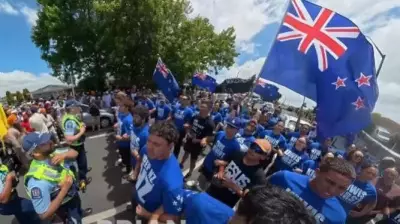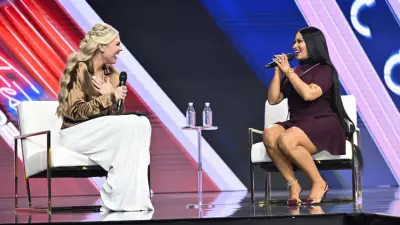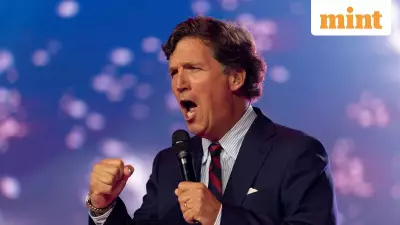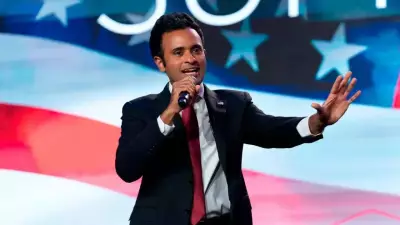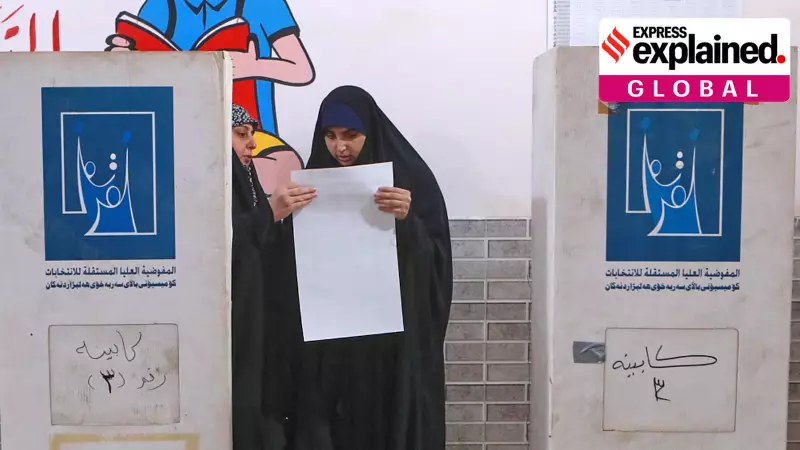
Baghdad witnessed a significant political moment on Tuesday, November 11, 2025, as Iraqi citizens participated in parliamentary elections that carry substantial implications for the country's future direction and its delicate position between competing international powers.
What's at Stake in Iraq's Parliamentary Vote?
This election represents another chapter in Iraq's democratic journey that began following the US-led invasion in 2003 which removed Saddam Hussein from power. Since that pivotal moment, political parties representing Iraq's Shiite Muslim majority have consistently dominated the government structure, creating an ongoing balancing act between American interests and Iranian influence in the region.
The current Prime Minister, Mohammed al-Sudani, has positioned himself as a leader capable of maintaining equilibrium between Tehran and Washington. Many Iraqi citizens credit him with overseeing a construction boom and preserving political stability in recent years, though he faces significant challenges in forming the next government.
The Complex Electoral Landscape
Voters faced an overwhelming choice with 7,743 candidates representing 114 different political lists competing for 329 parliamentary seats. This represents a substantial increase compared to previous elections and reflects the fragmented nature of Iraq's political landscape.
Once the new parliament is elected, it will undertake the crucial task of selecting a speaker. This official then appoints a president of the republic, requiring support from two-thirds of the legislature. The newly appointed president subsequently names a prime minister, who needs only a simple majority from lawmakers to assume power.
Despite the high stakes, public confidence in the democratic process remains alarmingly low. Several polls indicate this election could witness the lowest voter turnout in Iraq's two-decade democratic history, reflecting widespread disillusionment with the political establishment.
The Militia Question and International Pressures
A central issue dominating the election concerns the future of Iran-backed militias that operate outside formal government control. The Trump administration has been particularly vocal in demanding that the next Iraqi government address the challenging task of disarming these powerful paramilitary groups.
The influence of these militias extends deeply into Iraqi politics and economics. Five of Iraq's 22 ministries are currently controlled by politicians with militia connections, and nearly every major militia has fielded candidates in this election. Some groups have accumulated significant wealth through their growing political power, creating parallel power structures within the state.
International tensions remain elevated following President Donald Trump's decision to join Israel in a 12-day war in June that targeted Iran's nuclear facilities. Both the United States and Iran are keen to ensure their influence over Iraq's next government, placing Baghdad in an increasingly difficult geopolitical position.
Challenges to Electoral Integrity
While Iraq cannot be classified as an authoritarian state, the electoral process faces substantial challenges. Corruption and vote-buying remain persistent problems, with former Prime Minister Haider al-Abadi publicly warning that these practices have escalated during the current election cycle.
Ali Hamdani, a political campaign manager, offered insight into voter psychology, noting that some Iraqis view selling their votes as the only opportunity to gain something from politicians. "Iraqis know very well that once the election is over, they won't get anything else," he explained.
The disillusionment has reached such levels that influential Shiite cleric Muqtada al-Sadr encouraged his followers to either boycott the vote entirely or accept any bribes offered and subsequently spoil their ballots.
Sectarian Politics and Their Legacy
Iraq's electoral campaigns continue to be shaped more by sectarian loyalties than policy issues. Experts attribute this phenomenon to an informal system developed during the US occupation that allocates top government positions along ethnic and sectarian lines.
Under this arrangement, the parliament speaker traditionally comes from the Sunni Arab minority, the president from the ethnic Kurdish minority, and the prime minister from the Shiite Arab majority. While initially designed to ensure demographic representation, this system has hardened into patronage networks that prioritize sectarian interests over national unity.
Between 2019 and 2021, hundreds of thousands of Iraqis participated in a protest movement against this system, successfully electing civil society candidates to the previous parliament. However, these reformers ultimately failed to counter the entrenched political elite, and the movement has since lost momentum.
What Comes After the Voting?
The election results will mark the beginning of what promises to be a lengthy government formation process. Following the last parliamentary elections, approximately six months of negotiations were required before a prime minister emerged, and similar extended political horse-trading is anticipated this time.
Renad Mansour, an Iraq analyst at Chatham House, explained the financial dynamics driving these negotiations. "A lot of money is being spent by the elites to try and win seats, which they can then use to bargain," he noted. "To them it's an investment to access the wealth of the state."
For ordinary Iraqis, the primary concern remains maintaining the country's hard-won stability and economic progress after nearly two decades marked by US occupation, sectarian conflict, and jihadi insurgency. The election's outcome will determine whether their hopes for continued stability and prosperity can be realized amid competing international pressures and domestic challenges.

